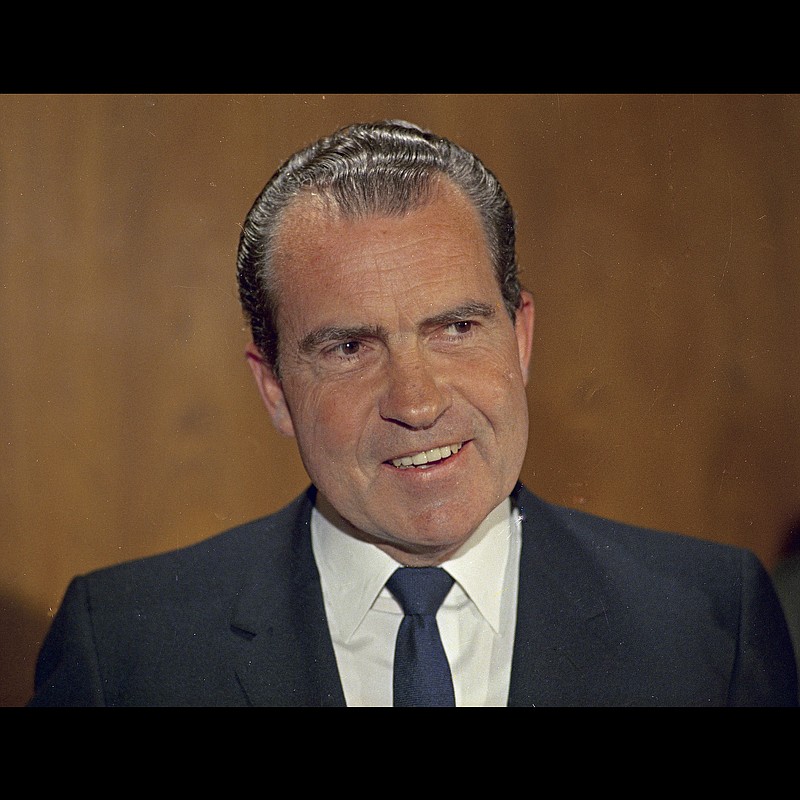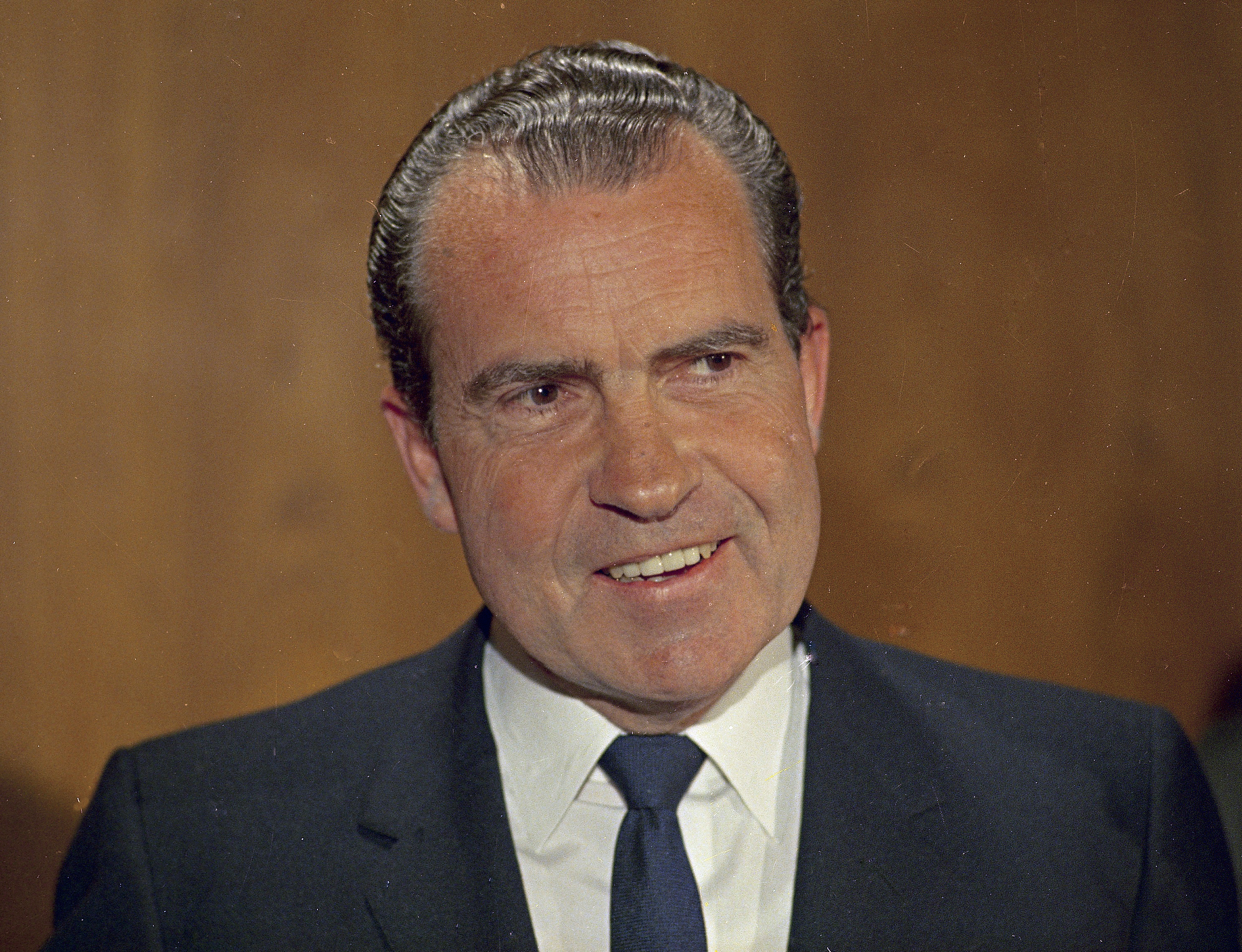"People are complex," said Dr. Larry Ingle, a retired history professor at the University of Tennessee at Chattanooga. "You can't always put them in a mold."
Indeed, we wonder that about our presidents, don't we?
In considering just the last two, for instance, was George W. Bush more the carousing frat boy with the long-buried DUI or the compassionate conservative he ran as in the 2000 campaign, and is Barack Obama the mentor as he once claimed of the hate-spewing, invective-filled Rev. Jeremiah Wright or the smiling friend of animals and small children in fawning photos the White House hands out daily to the media?
Ingle wondered that about Richard Nixon, the 37th president of the United States who was brought down by what Press Secretary Ron Ziegler once described as "a third-rate burglary" but most people today call Watergate.
The retired professor and Quaker historian was curious about the dichotomy between the Quaker Nixon who was a member of the East Whittier (Calif.) Friends Church from 1922 through his death in 1994 and the Nixon who widened the Vietnam War after promising to end it and covered up the burglary of the Democratic National Committee during a re-election he was bound to win in a landslide.
That curiosity has become a book, "Nixon's First Cover-up: The Religious Life of a Quaker President," which will be published this fall by the University of Missouri Press.
"[Nixon] said he believed in peace," Ingle told a UTC History Club audience last week, referring to papers the college student wrote as a senior at Whittier College, "that he was following in the way of Jesus."
However, he said, one of the Quaker Testimonies asks, "Do all aspects of your life bear the same witness?"
Ingle posited in the History Club program that there were many Nixons, viewed "like light through a prism."
Nixon's words themselves admit it, he said, the president referring to himself to biographer Garry Willis in 1970 as "an introvert in an extrovert's profession." And former speechwriter William Safire, in his book "Before the Fall," compared the president to "an eight-layer cake" and said he never knew which layer the president was at any give time.
Ingle, in his new book, compared him to a Ranter, who was a member of an unorganized, 17th-century religious group that believed their personal relationships with God allowed them to live as they pleased.
Nixon, he said, came up with "his own religion, and that is what he lived by."
The former UTC professor suggested the start of the many-sided Nixon personality may have been created with the help of his mother, Hannah Milhous Nixon, who described to media her son's childhood faith as something it wasn't, perhaps in an attempt to frame Quaker meetings as the quaint, silent services more known to the public.
"I can't prove that," he said.
In trying to further determine what Nixon's intentions were, Ingle's book discusses, among other things, the peace-loving Quaker's decision to join the Navy in World War II, his suggestions to 1960 biographer Earl Mazo to stress his ancestors' pre-Civil War opposition to slavery (though he apparently only had vague ideas about it), his 1969 inaugural address that was "suffused with peace" and his interest in the many nonsectarian worship services held during the president's five years in the White House.
On the first of those Sundays, evangelist Billy Graham spoke. On another, Ben Haden, the late, longtime pastor at Chattanooga's First Presbyterian Church, preached. On another, a Jewish rabbi gave the message, and the trinitarian "Praise God, From Whom All Blessings Flow," was sung as a doxology.
Ingle said a scholarly examination of the faith of individual presidents, with the exception of Thomas Jefferson and Abraham Lincoln, has rarely been done.
Ultimately, he said, "I came away somewhat dissatisfied" in trying to determine Nixon's intentions. After all, he said, "religion is a very subjective matter, very difficult to get at."
Yet, whether "some people are uncomfortable with it" or believe people "don't care about religion," Ingle said, information from such a study is "a big gap we ought to have in order to evaluate them fully."
He'd like to have been able to come to a conclusion "Nixon was corrupt to the core," he said, as he was considered by academics, the press and many college-age students in the day, but "I also have the testimony of those who worked day by day with him who say he wasn't."
The final analysis, he said, "I'll leave to God. It's all I can do."

